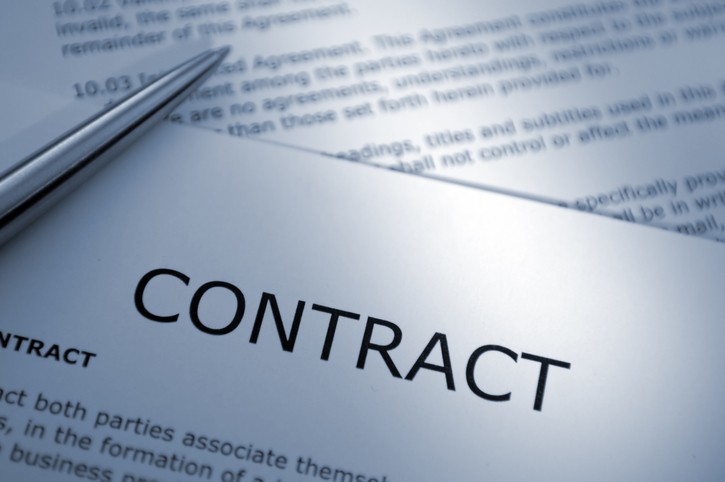
Negotiating Rates and Contracts as a Freelance Writer
Freelance writing offers flexibility, creative freedom, and the opportunity to pursue your passion for words. However, one aspect that often proves challenging for freelance writers is negotiating rates and contracts. Effective negotiation is crucial not only for securing fair compensation but also for establishing clear expectations with clients. In this comprehensive guide, we'll explore strategies to help you navigate the world of freelance writing negotiations successfully.
Understanding the Freelance Writing Landscape
Before delving into negotiation strategies, it's essential to have a clear understanding of the freelance writing landscape. Here are some key insights:
Diverse Opportunities: Freelance writers can work on a wide range of projects, from blog posts and articles to technical documents and marketing materials.
Varied Clients: Clients can range from individual bloggers and small businesses to large corporations and publications.
Payment Models: Compensation can be per word, per hour, per project, or on a retainer basis.
Competition: The freelance writing market is competitive, but there's always demand for high-quality content.
With this background, let's explore negotiation strategies to help you secure favorable rates and contracts.
Research Market Rates
Before entering negotiations, research industry-standard rates for freelance writing in your niche and location. Websites like ProBlogger, Writer's Market, and Glassdoor can provide insights into what others are earning. Knowing the market rate for your services is crucial for negotiating fair compensation.
Define Your Value
Understand your unique value as a freelance writer. Highlight your expertise, experience, and any specialized knowledge you bring to the table. Clients are often willing to pay more for writers who can provide exceptional quality or a specific skill set.
Set Clear Boundaries
Establish clear boundaries for your work, such as the number of revisions included, response times, and project scope. Communicate these boundaries in your contract to prevent misunderstandings.
Create a Professional Portfolio
Having a portfolio that showcases your best work can strengthen your negotiation position. Share links or samples of your previous projects to demonstrate your writing abilities.
Network and Build Relationships
Networking can lead to higher-paying opportunities. Attend industry events, engage with potential clients on social media, and join freelance writing communities to expand your network.
Understand the Client's Needs
Listen carefully to the client's needs and objectives. Tailor your pitch and negotiation strategy to align with how your writing can address their specific goals.
Be Confident but Flexible
Confidence is key during negotiations. Present your rate with conviction, but be open to negotiation. Clients may have budget constraints, so be prepared to adjust your terms within reason.
Offer Value-Added Services
Consider offering additional services, such as SEO optimization, keyword research, or social media promotion, to justify higher rates. Clients appreciate writers who can provide comprehensive solutions.
Use a Written Contract
Always use a written contract that outlines project details, deadlines, payment terms, and any special conditions. Contracts provide legal protection and ensure that both parties are on the same page.
Negotiate Payment Terms
Discuss payment terms before starting the project. Some writers request a portion of the payment upfront or structured payments throughout the project's milestones.
Address Revisions
Clearly define the number of revisions included in your rate. Additional revisions beyond this limit can be charged separately to avoid scope creep.
Handle Rejections Gracefully
Not every negotiation will result in an agreement. If a client declines your rate, thank them for considering your proposal and keep the door open for future opportunities.
Document Everything
Maintain records of all communications, agreements, and payments. These records can be essential in case of disputes or issues down the line.
Raise Your Rates Over Time
As you gain experience and your portfolio grows, periodically evaluate your rates and consider increasing them. Established freelancers often charge higher rates.
Seek Legal Advice
For complex contracts or high-stakes projects, consult with a legal professional to ensure your interests are protected.
Negotiating rates and contracts as a freelance writer is a skill that improves with practice and experience. By researching market rates, highlighting your value, and approaching negotiations with confidence and professionalism, you can secure fair compensation and build lasting client relationships. Remember that negotiation is a two-way process, and successful outcomes often involve compromise and effective communication. As you navigate the freelance writing landscape, use these strategies to establish mutually beneficial agreements that set the stage for a successful freelance writing career.
